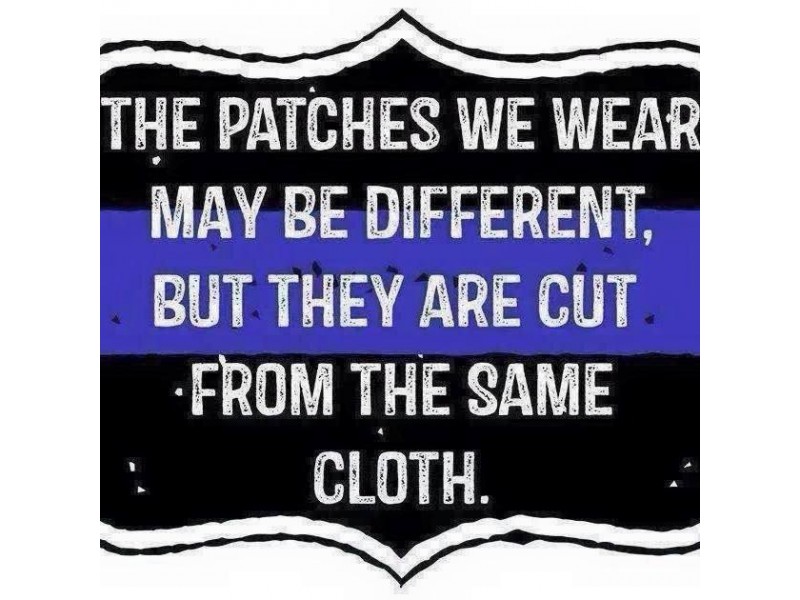

Generally, you are not necessarily required to show a photo identification card or driver’s license because stating your full name and date of birth is often deemed sufficient. Other problems include whether a person can refuse to identify themselves if doing so would be incriminating. Some stop-and-identify statutes have been found to be unconstitutional under the void for vagueness doctrine when the statutory language is unclear on how a person must identify themselves when requested to do so. Supreme Court extended that holding by finding that a statute requiring a suspect to disclose their name during a valid Terry stop did not violate the Fourth Amendment. Sixth Judicial District Court of Nevada, 542 U.S. Constitution allowed a police officer to temporarily detain a person based on “specific and articulable facts” establishing reasonable suspicion that a crime has been committed, is being committed, or is about to be committed. The issue in these cases is whether such a detention or request violates the Fourth Amendment prohibition on unreasonable searches and seizures. §856.021(2).īecause of the interaction between these two statutes, a person might be required to identify themselves when requested by a law enforcement officer, but only if that officer reasonably suspects that a crime has been committed, is being committed, or is about to be committed. the “loitering and prowling” statute found at Fla.the “Stop and Frisk Law” found at Fla.Yes, Florida is generally considered a “stop and ID” state based on the interaction between the following statutes:


 0 kommentar(er)
0 kommentar(er)
